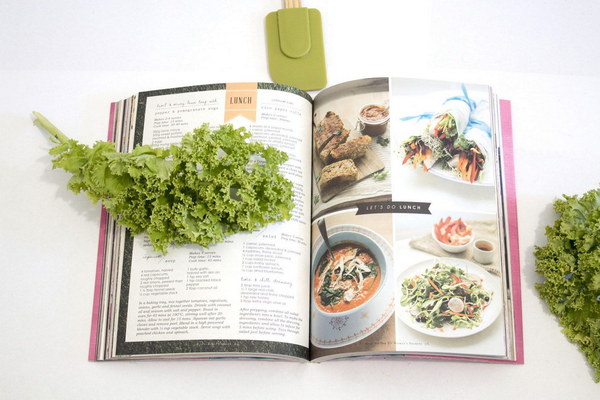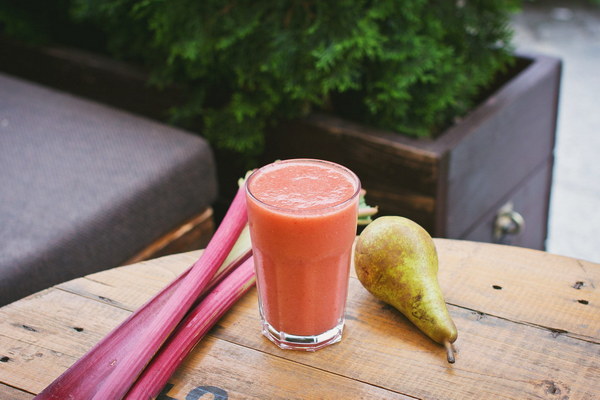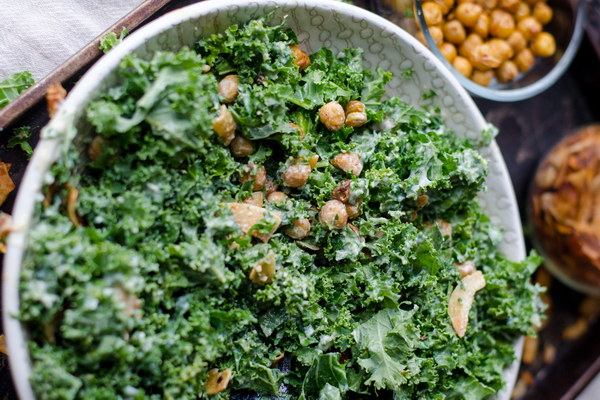Unlocking Liver Health The Vital Role of Key Vitamins
Introduction:
The liver is a vital organ responsible for filtering toxins, producing bile, and metabolizing nutrients. To maintain optimal liver health, it is crucial to understand the role of specific vitamins that can support and enhance its functions. This article explores the key vitamins that are closely associated with liver health and provides insights into how they can contribute to a healthier liver.
1. Vitamin A:
Vitamin A, also known as retinol, plays a crucial role in liver function. It is essential for the regeneration of liver cells and helps in the detoxification process. Deficiency of vitamin A can lead to liver damage and increase the risk of liver disease. Rich sources of vitamin A include carrots, sweet potatoes, spinach, kale, and dairy products.
2. Vitamin E:
Vitamin E is an antioxidant that helps protect liver cells from damage caused by free radicals. It also plays a role in reducing inflammation and enhancing the liver's ability to metabolize fat. Foods rich in vitamin E include nuts, seeds, almonds, sunflower oil, and avocados.
3. Vitamin B Complex:
The B vitamin family, including B1 (thiamine), B2 (riboflavin), B3 (niacin), B5 (pantothenic acid), B6 (pyridoxine), B7 (biotin), B9 (folic acid), and B12 (cobalamin), plays a vital role in liver health. These vitamins support liver function by aiding in the metabolism of fats, carbohydrates, and proteins. Good sources of B vitamins include whole grains, lean meats, fish, eggs, dairy products, legumes, and leafy greens.
4. Vitamin C:
Vitamin C is a potent antioxidant that helps protect liver cells from damage and supports the liver's detoxification process. It also plays a role in the synthesis of collagen, which is essential for liver tissue repair. Citrus fruits, strawberries, bell peppers, broccoli, and leafy greens are rich in vitamin C.
5. Vitamin D:
Vitamin D, often called the sunshine vitamin, is crucial for maintaining liver health. It helps regulate calcium levels, which are important for liver function. Additionally, vitamin D supports the immune system, which plays a role in liver inflammation and disease. Sources of vitamin D include fatty fish, fish liver oils, fortified dairy products, and sunlight exposure.

6. Vitamin K:
Vitamin K is essential for liver function as it plays a key role in blood clotting and helps in the production of bile acids. Deficiency of vitamin K can lead to liver damage and increased risk of liver disease. Foods rich in vitamin K include leafy greens, broccoli, kale, and soybean oil.
Conclusion:
Maintaining liver health is crucial for overall well-being. Incorporating these key vitamins into your diet can help support and enhance liver function. Including a variety of nutrient-rich foods in your daily meals ensures a balanced intake of these vital nutrients. Additionally, it is always advisable to consult with a healthcare professional before making any significant dietary changes or starting a new supplement regimen. By prioritizing liver health and incorporating these vitamins, you can take a proactive approach to safeguarding this vital organ.









